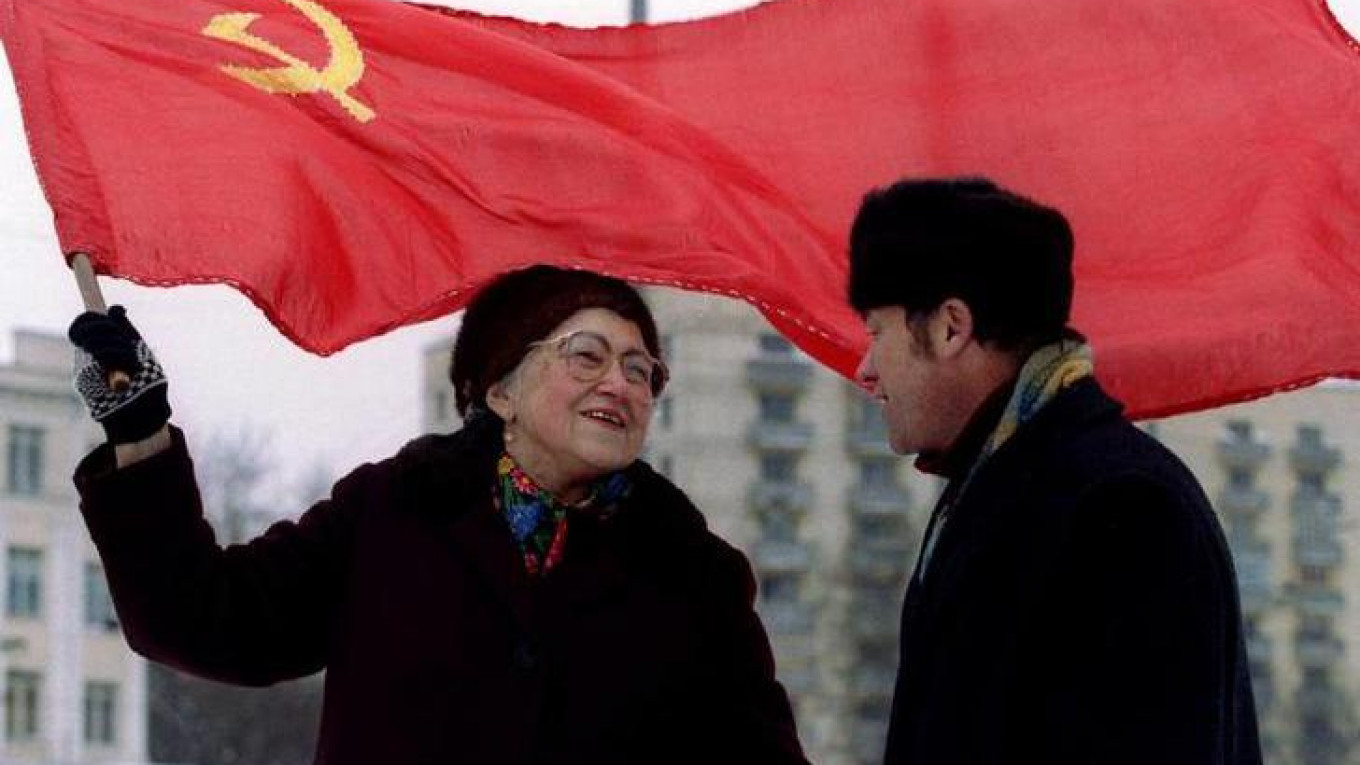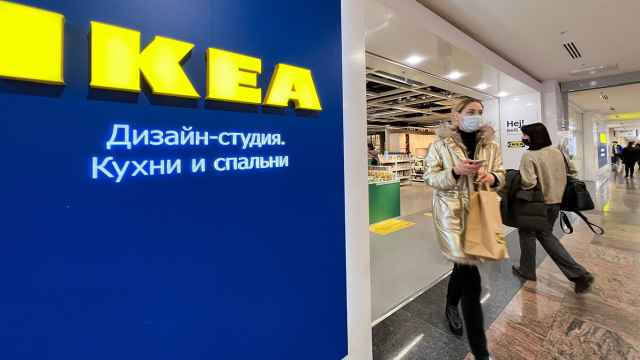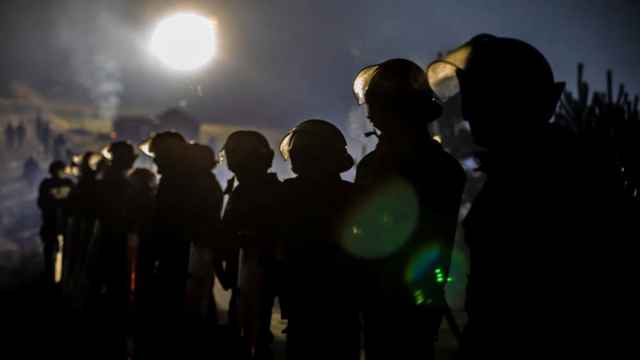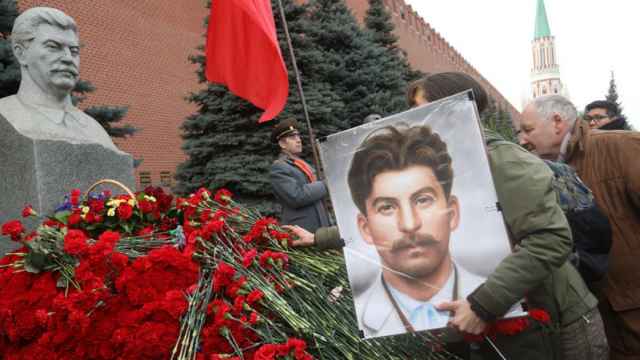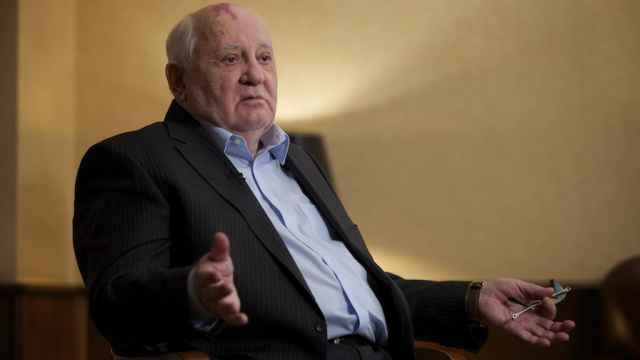For Americans, Dec. 7 is “a day that will live in infamy,” as Franklin D. Roosevelt described the Japanese attack on Pearl Harbor. For Russians, another world-changing event happened on Dec. 7, 1991 – a meeting that resulted in the termination of the Soviet Union.
That secret meeting, held at an exclusive hunting lodge in the Belarusian nature reserve of Belavezha, was summoned by the chairman of the Belarusian Supreme Soviet, Stanislav Shushkevich, and attended by the presidents of Russia and Ukraine, Boris Yeltsin and Leonid Kravchuk. The following day, Dec. 8, the leaders signed a statement that "the USSR has ceased to exist as an entity of international law and geopolitical reality."
These events were recalled by Shushkevich and Kravchuk at a Slavic convention panel in Washington, DC, on Nov. 17, where they were joined by Gennady Burbulis, Yeltsin’s Secretary of State, who also signed the accord. It was remarkable to see these three old warriors reliving the momentous events of that day 25 years ago.
In today’s Russia, few appreciate the enormity of what the three presidents accomplished. Today many prefer to look back on the USSR with nostalgia. But these leaders expressed pride in what they had achieved: They dismantled what Yeltsin associate Gennady Burbulis called “the Soviet totalitarian empire,” without triggering a bloody civil war.
All three men argued that the USSR had already ceased to exist following the failed August 1991 coup against President Mikhail Gorbachev. After that, decision-making power had been effectively devolved to the 15 Soviet republics, and Gorbachev became a president without a country.
The Belarussian leader Shushkevich was a physicist with no political experience before his colleagues persuaded him to run for the Congress of People’s Deputies in 1989. He was elected chairman of the Belarusian parliament on Sept. 9, 1991, and faced the daunting task of managing the country in the face of growing economic and political chaos.
The Soviet ministries had lost control of their subordinate republican branches, and there were no contracts for supplies starting Jan. 1, 1992. Belarus imported all its oil and gas from Russia and faced a freezing winter in the absence of help from Moscow. So Shushkevich decided to invite Yeltsin to Belavezha. Soon, however, he realized he should invite Kravchuk too. It was only fair that Russian supplies to Ukraine be discussed at the same time, Shushkevich said.
When the trio met, they recognized that they had a problem: They had no legal standing to sign binding agreements without Gorbachev. Burbulis suggested a solution: a statement declaring that the Soviet Union no longer existed. The others agreed. Then someone pointed out that they represented three of the four republics that had signed the document creating the Soviet Union back in 1922 – and that the fourth, the Transcaucasus Republic, had been dissolved in 1936. That seemed to give a legal basis to their actions. The leaders agreed to form a new Commonwealth of Independent States (the word “commonwealth” was seen as more neutral than “union” or “federation.”)
Overnight, a draft document was drawn up, and the next day a 14 point statement was agreed upon. The agreement came into effect on December 12, after being ratified by the three parliaments with only a handful of votes in opposition. On Dec. 21, the three Belavezha signatories met with the leaders of eight other Soviet republics in Alma-Ata Kazakhstan, and they all signed a protocol joining the CIS. The United Nations recognized the document on Dec. 23.
The agreement made Russia the successor state of the Soviet Union, assigning it all responsibility for the USSR’s debts and nuclear arsenal. While Shushkevich described the accord as a pragmatic response to urgent challenges, ex-president Kravchuk waxed more philosophical, portraying it as the culmination of Ukraine’s “long walk to independence” after a century in which 15 million Ukrainians had died under Soviet rule (Kravchuk spoke in Ukrainian for the first half of his speech and then slipped into Russian for the second).
When asked about Crimea, Kravchuk said the issue never came up at Belavezha – although the status of the Black Sea Fleet was in fact discussed without a definitive solution. He also noted that Crimea had voted in favor of independence in the referendum that was held in Ukraine on Dec. 1, 1991. (While 92 percent of all Ukrainian voters supported independence, the majority in Crimea was a narrower: 54 percent.)
More than anything else, the Ukrainian referendum sealed the fate of the Soviet Union and led Shushkevich to summon the Belavezha meeting. Kravchuk insisted that it was Boris Yeltsin who first suggested a meeting without Gorbachev, a claim which Shushkevich flatly denied (“And there is nothing wrong with my memory”).
On the one hand, this is priceless testimony from the men who made history. On the other, 25 years on, it shows just how memories fade and are re-formatted with each new telling. Successive rationalizations shape how history is remembered.
A Message from The Moscow Times:
Dear readers,
We are facing unprecedented challenges. Russia's Prosecutor General's Office has designated The Moscow Times as an "undesirable" organization, criminalizing our work and putting our staff at risk of prosecution. This follows our earlier unjust labeling as a "foreign agent."
These actions are direct attempts to silence independent journalism in Russia. The authorities claim our work "discredits the decisions of the Russian leadership." We see things differently: we strive to provide accurate, unbiased reporting on Russia.
We, the journalists of The Moscow Times, refuse to be silenced. But to continue our work, we need your help.
Your support, no matter how small, makes a world of difference. If you can, please support us monthly starting from just $2. It's quick to set up, and every contribution makes a significant impact.
By supporting The Moscow Times, you're defending open, independent journalism in the face of repression. Thank you for standing with us.
Remind me later.


